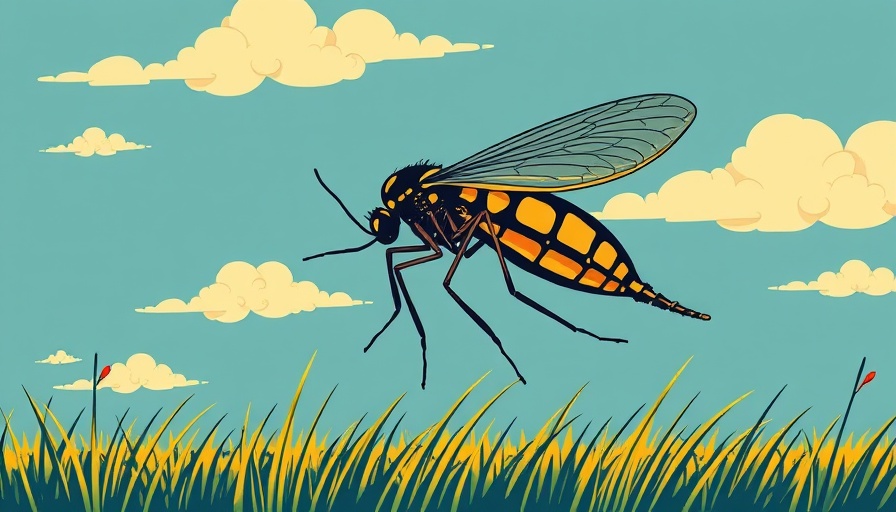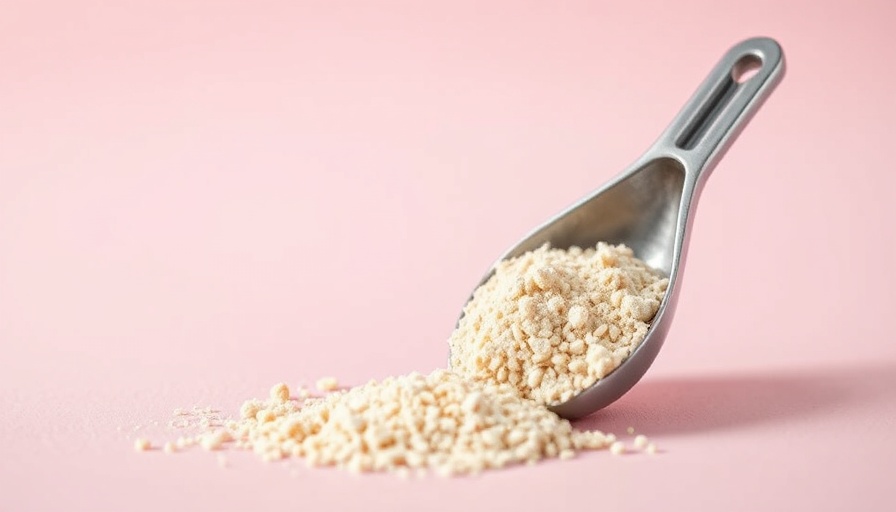
Understanding Antihistamine Withdrawal: A Common Dilemma
For many people, antihistamines are a go-to solution for allergy symptoms, providing much-needed relief. However, eliminating their use can lead to unexpected and uncomfortable withdrawal symptoms, like the itching that seems to take over your body. This reaction occurs because the body has become accustomed to the presence of antihistamines, and when their usage stops, it can react in distressing ways. Whether you're newly off these medications or have been gradually decreasing your intake, acknowledging the withdrawal symptoms is crucial.
Why Does Withdrawal Cause Itching?
The itching related to antihistamine withdrawal often stems from a sudden increase in histamine production in the body. This is the direct opposite of what antihistamines do; they block histamine receptors to alleviate allergy symptoms. When these medications are withdrawn, the body's histamine levels can spike, causing itchiness and discomfort. Understanding this mechanism can help demystify what you’re experiencing and remind you that it’s typically a temporary phase.
A Step-by-Step Guide to Managing Withdrawal Symptoms
Managing symptoms can feel overwhelming, but there are several actionable steps you can take to mitigate discomfort:
- Stay Hydrated: Drinking plenty of water can help flush histamines from your system, supporting your body as it recalibrates.
- Use Moisturizers: Applying soothing creams or lotions can relieve itchiness. Look for products that contain ingredients like aloe vera or oatmeal.
- Try Cool Compresses: Cool packs can soothe itchy skin, providing immediate relief while your body adjusts.
Emotional Impacts of Antihistamine Withdrawal
While physical symptoms are often at the forefront, we must not ignore the emotional toll of withdrawal. It can lead to anxiety or frustration, especially if the itching is persistent. Strategies such as deep breathing exercises, meditation, and gentle yoga can help combat emotional distress.
The Importance of Seeking Support
Don't hesitate to reach out for help. Whether it's friends offering emotional support or professionals guiding you through the withdrawal process, connecting with others can provide a significant comfort level and lead to effective coping strategies.
When to Consult a Healthcare Professional
If symptoms persist or become unbearable, scheduling an appointment with a healthcare facilitator is essential. They can provide personalized insights and may suggest alternatives for managing allergy symptoms that are less likely to lead to withdrawal issues.
Looking Ahead: Future Allergies and Your Skin
Understanding how antihistamine withdrawal impacts life can propel you towards better choices in managing allergies in the future. Consider discussing options with your healthcare provider, exploring non-sedating antihistamines or professional allergy testing, which can lead to tailored strategies that keep your skin and body happy and healthy.
Final Thoughts: You're Not Alone
Experiencing antihistamine withdrawal and the accompanying itchiness can feel isolating, but remember that you are not alone. Many have faced similar struggles, and understanding that these symptoms are part of a temporary phase can provide a sense of relief. Stay positive and proactive in your approach to managing withdrawal symptoms.
If you're grappling with antihistamine withdrawal, know that solutions are at hand. Stay informed about your symptoms, utilize supportive strategies, and reach out when you need assistance. Taking these steps will not only aid your physical recovery but will also foster emotional resilience.
 Add Row
Add Row  Add
Add 




Write A Comment